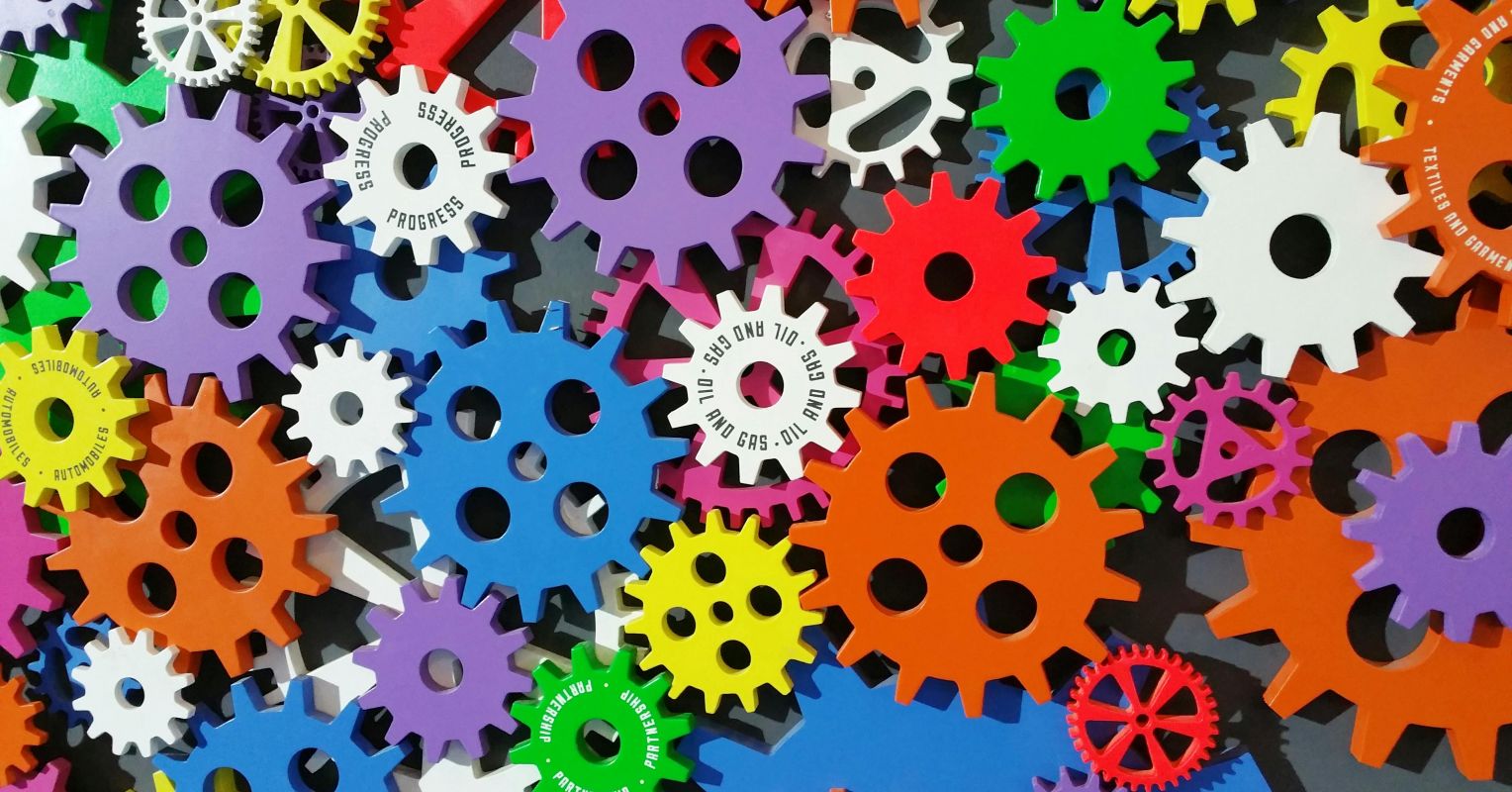#cbt
#cbt
[ follow ]
#mental-health #adult-adhd #parenting #avoidance #dbt #process-based-cbt #4e-cognition #family-drama
fromPsychology Today
2 months agoA New Treatment for Childhood Anxiety
Childhood anxiety has been on the rise. Our instinct as parents is often to get more involved. But what if that's part of the problem? The statistics are grim. According to the Centers for Disease Control (CDC), among U.S. adolescents ages 12 to 17 surveyed between 2021 and 2023, 20% reported symptoms of anxiety in the past two weeks, and 18% reported symptoms of depression. In 2023, almost 40% of high school students reported experiencing persistent feelings of sadness and hopelessness
Mental health
fromPsychology Today
2 months agoWhy High Achievers Need to Hit Pause Before They Crash
Daniel didn't look like a man falling apart. Pressed shirt. Polished watch. Phone buzzing every few minutes. Yet his hand trembled slightly as he reached for his coffee. "They said it was panic," he said, half whispering. "But it felt like dying." He had just left the ER after his second "heart attack that wasn't." On paper, he was the definition of success: a founder, husband, father. But inside, his mind was spinning at 200 miles per hour.
Mental health
fromPsychology Today
2 months agoI Used to Drink to Calm My Anxiety-Here's What I Wish I Knew
The first time I discovered the social lubricant magic of alcohol was at a high school party. The music was loud, and I was anxious. A friend handed me a beer, told me it would help me loosen up. And it did. From then on, I learned to turn to alcohol for a little confidence boost every time the discomfort of social anxiety rises.
Mental health
fromPsychology Today
3 months agoHow Daily Habits Shape Our Lives
Research shows that daily habits like talking with friends, spending time in nature, and enjoying cognitively engaging activities lead to better mental health (Everyday Actions and Behaviors Linked to Better Mental Well-Being: Study, 2025). Choosing your thoughts intentionally by practicing daily affirmations has been shown to improve self-esteem, promoting overall psychological well-being and improving behavioral performance (Sachdeva et al., 2024; Cascio et al., 2015).
Mental health
fromPsychology Today
4 months ago4 Back-to-School Tips Every Parent Needs
For parents of school-age children, this time of year is all about new beginnings: new teachers, new routines, and the hope that our kids are set up for success. Parents often feel a sigh of relief when summer ends and the house is quieter. But just because the kids are out the door doesn't mean the stress of parenting goes away.
Mindfulness
[ Load more ]

